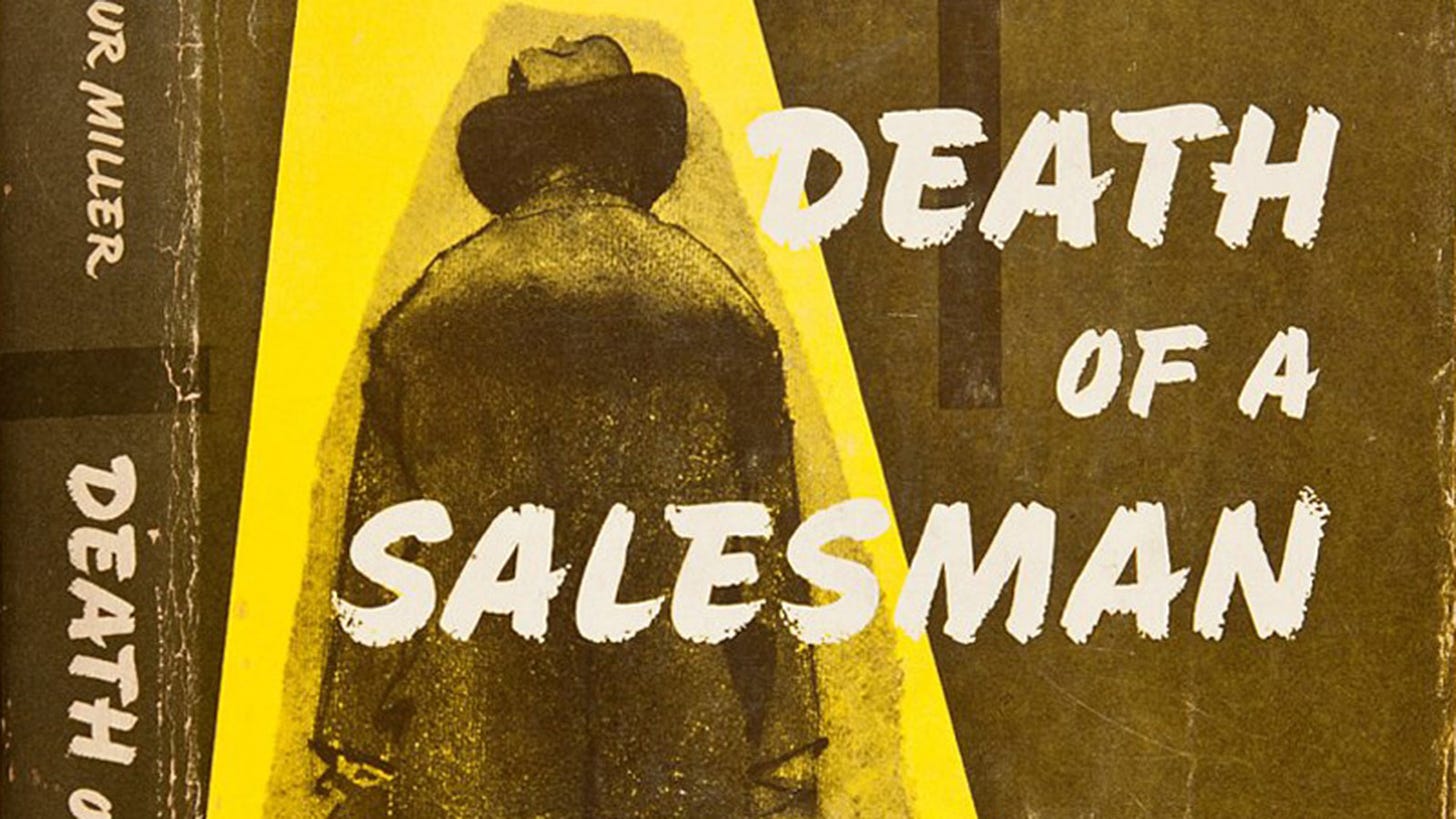Sales - The road oft taken

Jindi Enterprises – Finding a new Sales Manager
I’m sure you’ve noticed. Almost every case that was used as a part of the Sales and Distribution Management course is under three years old. The decision to use recent cases was a conscious one. I anticipated that using such cases would offer several advantages. First, newer cases were more likely to be stories in the making and therefore provide students the scope to make use of a wide variety of additional information from news, podcasts, and other media. This could, in theory, augment the learning outcomes. Second, newer cases could acclimatise students to the current problems firms faced. This is very critical, especially considering the fast-changing nature of selling and retailing. Last, I felt that they may also provide you with an edge when it comes to placements. Having said that there are two cases when I chose recent cases. One was with Hindustan Lever and Project Shakti, and the other, Jindi Enterprises. The case on Project Shakti was a quintessential one. In many ways, it should be considered essential reading for everyone who earns an MBA. It simply is a part of modern retailing history that every manager operating in India should be aware of. The case of Jindi Enterprises on the other hand is a somewhat unknown. But the learnings it offers are just quintessential. The case is a beautiful illustration the tradeoffs that occur when choosing a sales manager. Keeping in line with my newly developed personal philosophy about disclosing case facts, I shall not talk about the case at all during the length of this write up. I shall instead try to point to some other ideas that are perhaps just as essential. Think of this as the ‘road less taken’ that sort of leads you to the same destination.
To begin with, let’s start with a play called ‘Death of a Salesman’ American playwright Arthur Miller. For those of you who would like to watch it, I’m embedding a video version that’s freely available on Youtube below.

The play talks about the story of Mr. Willy Loman, a middle-aged salesman who grapples with economic and personal woes of his own making. In addition to being a brilliant exploration of the human condition, the story also points us to a few interesting learnings that may be essential in our own journey to become members of the sales fraternity. Rohinton Aga’s (the director of Thermax Company till 1996) saw this play once and wrote an interesting article by the same name. The article is six pages long, but packs in a world of wisdom. It also offers perhaps one of the best descriptions of who a salesperson is. In the article, Aga describes a good salesperson as someone who is obsessed with “adding value for the customer, adding value to the organisation.”I would agree with him any day. A good salesperson is someone who bridges ‘the consumer’ with ‘the organisation’. A good salesperson does not just make deals, she makes markets. Remember that definition of market from Microeconomics 101? “A market is the place where buyers and sellers meet and exchange goods for money”. If that’s what a market is, it’s the salesperson who creates the market ,is it not?
Across history, it has been the great salespeople who have changed the course of things. We remember these people. They sell us ideas, they give us great products, they send kerosene lamps to China and provide us with '“1000 songs in your pocket”. The best of them can also sell us War. But, we digress. The question that we as students of sales and distribution management will then have to ask is, “what are the traits of a great salesperson”. I think Aga’s article offers some very useful clues in this regard. Let’s discuss three key ideas that Aga talks about.
First, Aga highlights that salespeople should focus on generating profits and not orders for their respective organisations. There is a lot of wisdom in this line of thinking. Salespeople are called ‘the breadwinners’ for a reason. They are not expected to go around selling the family’s silver (i.e. take orders that are not profitable). They should not employ marginal pricing (pricing at cost) and move their firms to a situation where overheads cannot be fully recovered. Doing so is ,in his own words, is “the surest road to ruin”. Second, Aga reasons that salespeople cannot and should not try and convert every inquiry into an order. They should develop the courage to say ‘NO!’. Think about it. Considering that no firm has infinite products to sell, converting every inquiry could essentially mean suboptimal outcomes for the firm in the long run. The salesperson should instead focus on building profitable customer relationships (remember the AMA definition of Marketing) and turn down potentially unprofitable customers. This is simply the rational and the efficient thing to do. Third, salespeople should utilise the product mix. They should learn to match customers to products. This is a skill that takes some time to perfect. Without this skill, salespeople can and often do prioritise order taking over customer satisfaction. Wherever customer satisfaction takes the back seat, failure is sure to follow. While this can separate the wheat from chaff , it may not always be practical. Often, salespeople are hired and thrown into the thick of the action. They are almost always expected to perform from day one and their performance in the last month accounts for zilch.
I am sure you too would agree that these are indeed admirable traits for a salesperson to have. However, it’s not always possible for business managers to identify them over an interview or brief meeting. Often, our myopic market realities force us prioritise short term goals over long term objectives. It is in this juncture that we should try and recount what Levitt had to say about selling. He says, “…In the [traditional] selling scheme the seller is located at a distance from buyers and reaches out with a sales department to unload products on them. This is the basis for the notion that a salesperson needs charisma, because it is charisma rather than the product’s qualities that makes the sale.” He adds, that “Instead of trying to get buyers to want what the seller has, the seller tries to have what they want. The ‘product’ is no longer merely an item but a whole bundle of values that satisfy buyers—an ‘augmented’ product.”.
I’m sure you’re beginning to think that this is a whole lot of wishful thinking that may not find much traction in the world that you will be stepping into in a few months from now. You’re going to have targets soon. You may be in a hurry to achieve those targets one way or the other. Many of you may never stay in a firm long enough to understand the product, let alone augment it. I would have to agree with you too. This is a lot of wishful thinking.
Most firms today do not have the energy or foresight to invest in building a great sales culture. The fast and furious pressure cooker lives is what gives sales such a bad rep in the first place. That’s exactly the sort of thing that makes many a Willy Loman filled with disappointment and unfulfilled dreams. It may take most executives many years of climbing the corporate ladder before they can practice the skills that these management gurus preach. They may forget much of these learnings by the time they get up there. But then, it has always been those who remember these learnings that have left their mark as great salespeople. The millions of others have simply fallen by the wayside. With this context, do read the case again and try and engage with the characteristics of each of the characters at Jindi. Who do you think would be the best choice? Do you even agree with Ma? How high should the emphasis on short-termism be? What would you do in Ma’s shoes? would the decision differ if you filled in Zhou Xun’s shoes?



